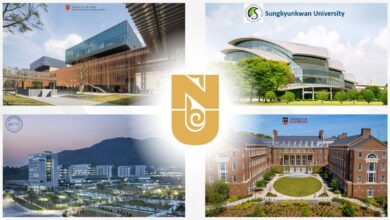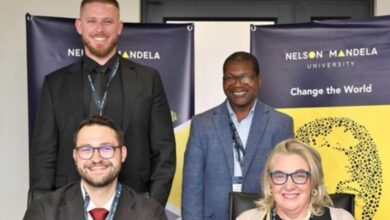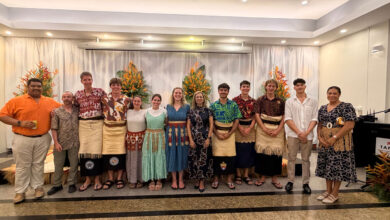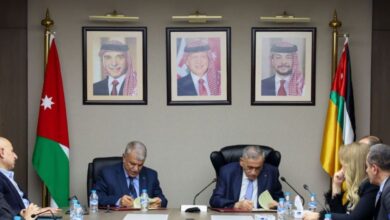CityU co-hosts online science and tech conference with Nature journals; pre launch for CityU’s HK Tech Forum
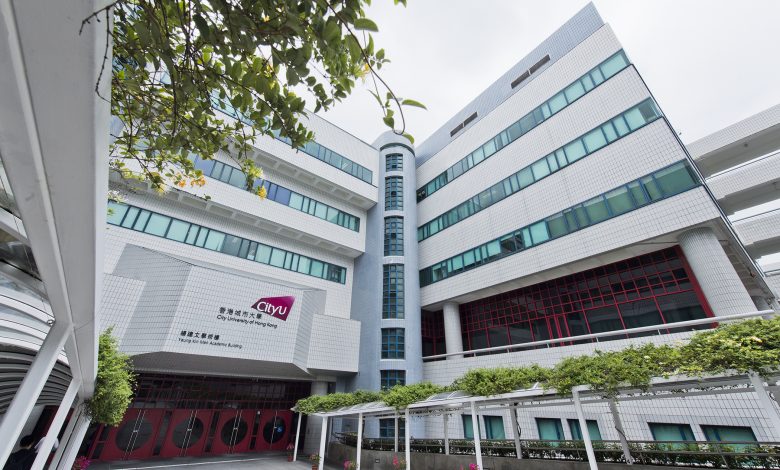
Newswise — 30 May 2022 – Leading scientists exchanged innovative views on contemporary trends in the chemistry of 2D materials at a three-day online conference co-organised by City University of Hong Kong (CityU) and Nature Conferences, the preeminent series curated by the highly prestigious science journal Nature and Nature journals.
Held from 17 to 19 May 2022, “Nature Conferences – Chemistry of 2D Materials” was jointly presented by HK Tech Forum, CityU, Department of Chemistry at CityU, Hong Kong Institute for Advanced Study (HKIAS), CityU Shenzhen Research Institute, and Nature journals.
“This is the first time that a Nature Conference is being held with a university in Hong Kong and we are proud that the event is in partnership with CityU bringing together some of the best scholars in the field of the chemistry of 2D materials,” said President Way Kuo of CityU.
The conference gathered thirty-five distinguished scholars from around the world to exchange views on the recent trends in a variety of topics concerning the chemistry of 2D materials, intending to provide a multidisciplinary forum for sharing research and establishing future research directions.
The three-day conference offered four sessions, namely Synthesis, Functionalization, Characterization, and Applications. Discussions covered the syntheses of 2D materials, and their chemical functionalization.
Speakers from prestigious universities in Asia, Europe and North America, including the University of Cambridge, Tsinghua University, National University of Singapore, Peking University, Imperial College, Chinese Academy of Sciences, and the University of California, Los Angeles.
Foreign Member of the European Academy of Sciences, Professor Hua Zhang, Herman Hu Chair Professor of Nanomaterials at CityU, presented a talk titled “Phase Engineering of Nanomaterials”. He discussed his latest research topic on the synthesis of nanomaterials with unconventional phases and the phase transformation of nanomaterials.
Other prominent speakers on the first day included: Member of the Chinese Academy of Sciences, Professor Zhongfan Liu of Peking University, who held a talk titled “CVD Growth Frontiers of Industrial Graphene Materials”, and Professor Huiming Cheng from the Institute of Metal Research of the Chinese Academy of Sciences, who discussed “Two-Dimensional Inorganic Liquid Crystals”.
Concluding the conference was Nobel Laureate in Physics (2010), Professor Sir Konstantin Novoselov from the National University of Singapore. He shared his
insight into condensed matter physics, mesoscopic physics and nanotechnology in the last session.
This May event serves as a pre-launch activity for a major CityU initiative, HK Tech Forum, a bold new platform taking place through until December for examining strategies and approaches to major challenges in science and technology.
–END—
About HK Tech Forum
HK Tech Forum brings together award-winning scientists and will be an excellent vehicle for letting the world know more about CityU’s tremendously exciting research achievements as part of our continuous drive to promote the CityU brand.
Scheduled sessions for HK Tech Forum over the next few months will focus on Data Science and AI, Reliability and Safety of Intelligent Systems, Advanced Matter and Materials, Carbon Neutrality and Sustainable Environment, Quantum Physics and Applications, and Metabolism in Health and Disease.
More about HK Tech Forum: https://www.cityu.edu.hk/hktechforum/
About Hong Kong Institute for Advanced Study (HKIAS)
The Hong Kong Institute for Advanced Study (HKIAS), which was launched on 22 November 2015, aspires to be an international centre of excellence for the advancement of technology and innovation by bringing together an interdisciplinary team of world-renowned scholars and researchers, including Nobel laureates and academicians, to contribute to the solutions of pressing real-world problems. Conferences, symposiums, workshops, and lectures will be organized to facilitate exchange of ideas among academic communities locally, regionally and internationally.

